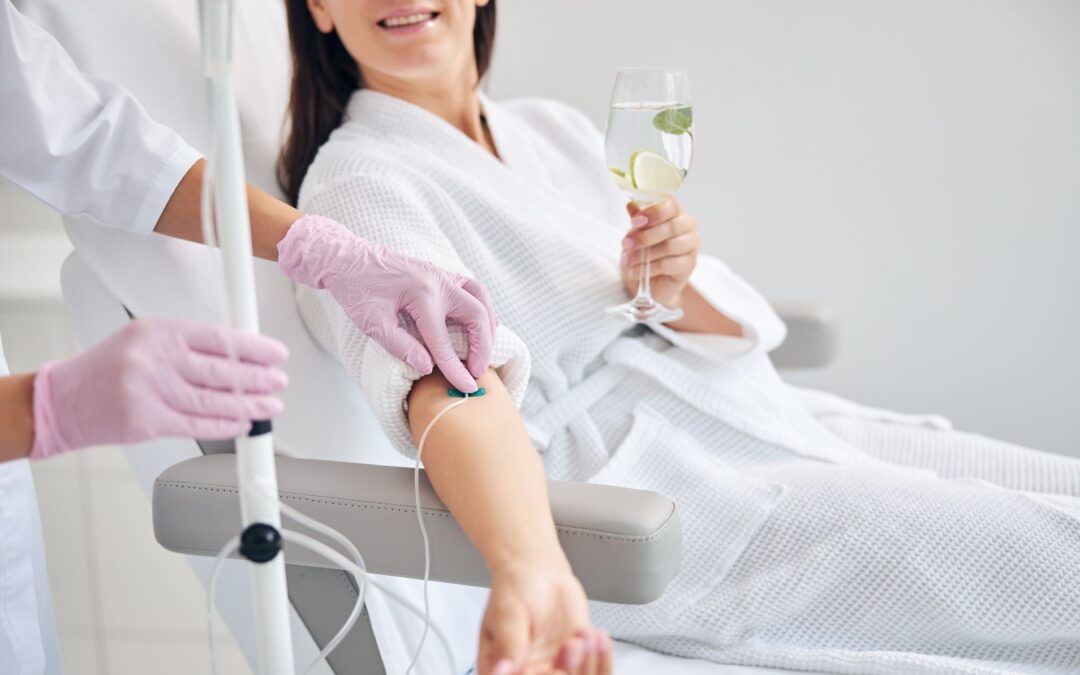The State Medical Board of Ohio, in collaboration with the Ohio Board of Nursing and the Ohio Board of Pharmacy, has issued a Joint Regulatory Statement that significantly impacts the operation of retail IV therapy clinics across the state. Released on May 15, 2025, this document clarifies key expectations and legal responsibilities for healthcare professionals offering IV hydration and nutrient therapies in non-traditional or “retail” settings.
Why This Matters
As IV therapy continues to grow in popularity—from vitamin drips to hangover cures—Ohio regulators are emphasizing one thing: these services are medical in nature and must be treated as such.
Failing to comply with medical, nursing, and pharmacy regulations when offering IV therapy could result in disciplinary action, license suspension, or worse.
Key Takeaways from the Regulatory Statement
IV Therapy = Medical Treatment
Even if marketed as wellness, recovery, or beauty therapy, IV infusions are medical procedures. That means:
- A proper patient evaluation must be performed by a licensed provider before treatment.
- Medical decision-making must guide the formulation and administration of IV therapy—not aesthetics, marketing claims, or client preference alone.
Scope of Practice Matters
Providers should also be aware that IV therapy cannot be delegated indiscriminately. Each healthcare professional involved must operate within their licensed scope of practice:
- RNs and LPNs may administer IV therapy only if they are properly trained and working under a valid order from a qualified prescriber.
- Nurse Practitioners (APRNs) must have the appropriate protocols or standard care arrangements in place.
- Physicians (MDs/DOs) must provide adequate supervision and ensure compliance with Board rules.
Pharmacy Compliance
If IV solutions are being compounded, pre-filled, or sourced from 503B outsourcing facilities:
- Proper licensure with the Ohio Board of Pharmacy is required.
- Storage, labeling, and documentation must follow pharmacy regulations
These requirements apply even when services are offered outside of traditional pharmacies or hospitals—including in retail med spa environments.
Noncompliance Risks
This statement makes clear that operating outside of these parameters could be considered unlicensed medical practice or unlawful drug distribution, triggering:
- Investigations by the Medical Board, Nursing Board, or Pharmacy Board
- Fines, license suspension, or revocation
- Legal exposure to malpractice claims
How to Protect Your Practice
To reduce legal risk and protect your practice, Lengea Law recommends the following actions:
- Ensure your supervising physician or nurse practitioner is appropriately licensed and actively involved in clinical operations.
- Review and, if necessary, revise your protocols for IV therapy to ensure alignment with current regulations.
- Confirm that all staff involved in IV administration are properly trained and acting within their authorized scope.
- Verify the licensure status of any suppliers of compounded or pre-filled IV products and ensure documentation meets pharmacy standards.
- Maintain thorough records of patient evaluations, consent, and follow-up care.
- Avoid marketing IV therapy as “non-medical” unless services are directly overseen by a qualified healthcare provider.
Need Help?
At Lengea Law, we help IV clinics, med spas, and wellness providers remain compliant with ever-evolving healthcare regulations. Whether you need assistance drafting protocols, structuring your clinic operations, or updating your informed consent forms, our team can provide the legal guidance you need to operate confidently and compliantly.
To schedule a compliance consultation or request a legal review of your IV therapy services, please contact us directly.


